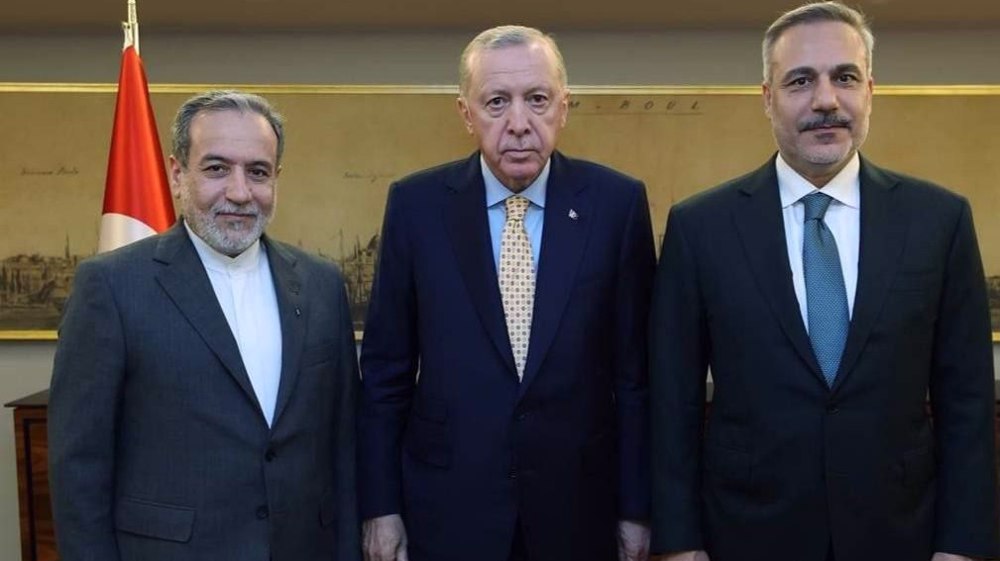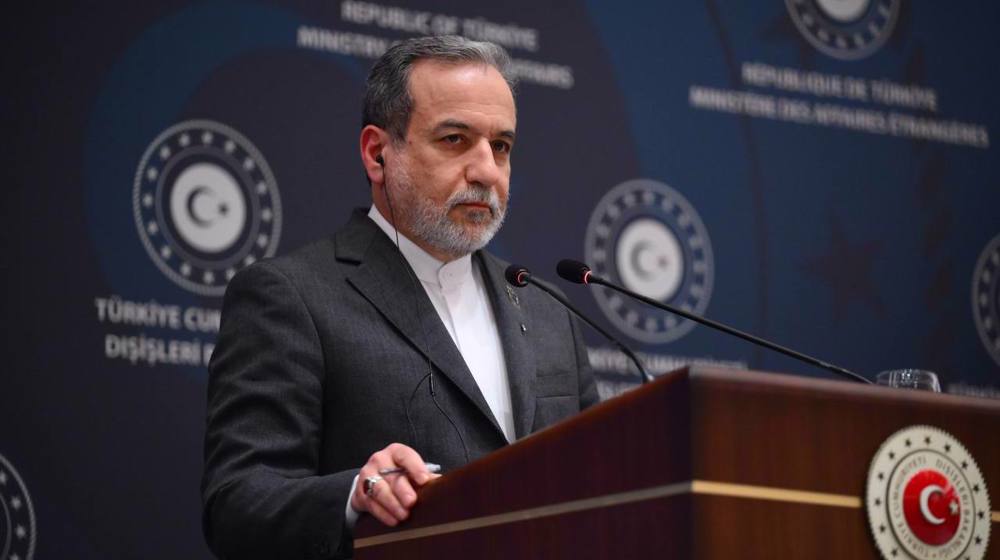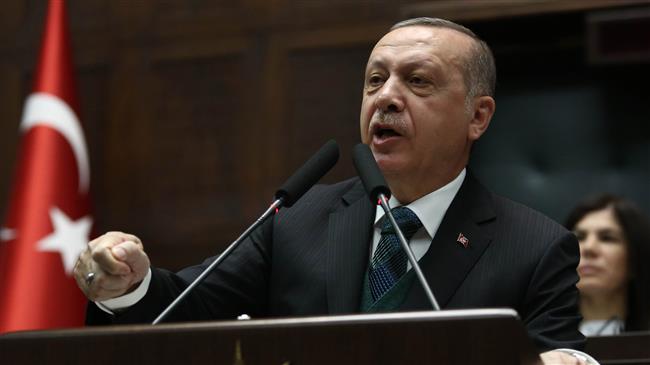Turkish parliament approves holding snap elections on June 24
Turkey’s parliament has passed a motion to hold snap presidential and parliamentary elections in the country on June 24, despite objections from the opposition that argues the move will cement President Recep Tayyip Erdogan’s grip on power more than a year ahead of schedule.
The motion was passed on Friday by 386 lawmakers in the 550-seat parliament while the pro-Kurdish leftist Peoples' Democratic Party (HDP) walked out in protest before the vote was held.
The HDP had two of its lawmakers stripped of their legislative position by parliament earlier on Thursday as Ankara presses ahead with a clampdown on members of the opposition party.
On Wednesday, Erdogan announced that the elections slated for next year would be held in June. Erdogan said a faster switch to an executive presidency was urgently needed to help Turkey overcome its current problems, especially those in Syria, where Ankara has a controversial military presence.
Erdogan should have waited for elections until November 3, 2019 to be able to rule Turkey under an executive presidency. The Turkish leader won a narrow support for the new governance system in the April 2017 referendum to change the constitution. His extended powers were expected to take effect until after the presidential election.
While the government argues the constitutional changes will streamline decision-making, the opposition calls it a scenario to create a one-man regime.
The main opposition Republican People's Party (CHP) has yet to announce a candidate.
On Friday, Erdogan said in a speech in Istanbul that he did not call for early elections due to his own ambitions, noting, "I still have one-and-a-half more years left of my mandate as president. If it were about ambition, I could have continued."
"The course of domestic and foreign politics, military and economic developments showed us the serious costs there would be if we continued with the current system," he said.
"After we evaluated this, we said 'let's take this step' because of the worry that our people would pay the price," Erdogan pointed out.
Erdogan became Turkey's first directly-elected president as the candidate of the ruling Justice and Development Party (AKP) in August 2014, and is highly expected to win in the next polls.
Meanwhile, parliament on Wednesday approved a fresh three-month extension to a state of emergency, which was enforced after a failed coup against Erdogan in July 2016.
The snap elections will be held under the state of emergency.
Under the state of emergency, Turkey has been engaged in suppressing the media and opposition groups suspected to have played a role in the failed coup.
Tens of thousands of people have been arrested across the country and over 140,000 others, including military staff, civil servants and journalists, have been sacked or suspended from work over the same accusations.
The international community and rights groups have been highly critical of the Turkish president over the massive dismissals and the crackdown.
VIDEO | Press TV's news headlines
VIDEO | Iran will not 'capitulate' since it has military surprises for US
China overtakes US as Germany’s top trading partner
VIDEO | Displaced Gazans struggle to find clean water amid Ramadan
VIDEO | Pakistan strikes militant camps along Afghan border after suicide bombings
Iran FM: Chance still exists for win-win solution to nuclear issue
Denmark rejects Trump's plan to send US hospital ship to Greenland
US Secret Service kills man trying to enter Trump’s Mar-a-Lago estate














 This makes it easy to access the Press TV website
This makes it easy to access the Press TV website